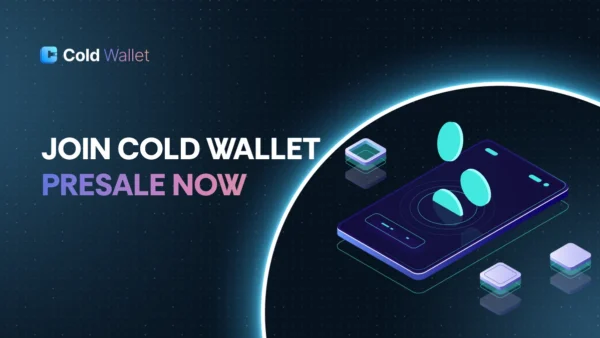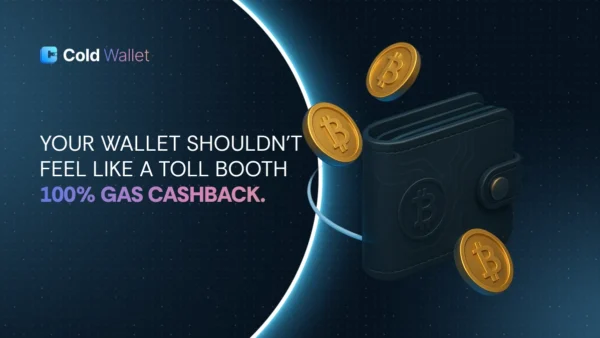
- Ripple ends SEC lawsuit, confirming XRP is not a security on public exchanges.
- Rail acquisition boosts Ripple’s US money transmitter licenses and regulatory reach.
- Ripple strengthens compliance with expanded licenses amid ongoing injunction and regulations.
Ripple Labs has expanded its regulatory presence in the United States following recent changes, including the joint dismissal of its long-running legal battle with the U.S. Securities and Exchange Commission (SEC) and its acquisition of Rail, a company with multiple money transmitter licenses.
After nearly five years of litigation, Ripple and the SEC have officially ended their legal dispute. This comes after both parties filed a joint agreement of dismissal with the U.S. Court of Appeals for the Second Circuit, ending all appeals related to the case that began in December 2020. The dismissal followed a Commission vote by the SEC to drop its appeal, clearing the way for the case’s closure.
The court filing confirmed that Ripple, along with its executives Brad Garlinghouse and Chris Larsen, will cover their legal costs. The dismissal confirms the July 2023 ruling by U.S. District Judge Analisa Torres, which held that XRP tokens sold on public exchanges are not securities.
However, the ruling did declare that XRP sales to institutional investors violated securities laws. The injunction against Ripple remains in place as Judge Torres declined to adopt the earlier settlement agreement between the parties. As part of the resolution, Ripple agreed to pay a $50 million penalty, a reduction from the $125 million initially ordered by the court. This payment, previously held in escrow, will now be released to the SEC.
Rail Acquisition Expands Ripple’s License Portfolio
Coinciding with the legal closure, Ripple announced its acquisition of Rail, a company holding numerous money transmitter licenses across various U.S. states. This acquisition increases Ripple’s regulatory reach, as the company seeks to broaden its institutional offerings.
Before this deal, Ripple held around 55 money transmitter licenses spanning 33 states. The addition of Rail’s licenses further expands Ripple’s reach within the U.S. regulatory systems. In contrast, Custodia Bank, a Ripple subsidiary, currently holds only one license: a Special Purpose Depository Institution (SPDI) charter in Wyoming.
Implications for Ripple’s Regulatory Strategy
The growth of the license portfolio and the SEC lawsuit victory are two significant actions that can be viewed in the context of Ripple, which aims to reinforce its regulatory compliance and institutional credibility. The firm already offers a regulated stablecoin (RLUSD), further expanding its regulated financial product offering.
Although the ending of the SEC lawsuit has provided clarity as to the positioning of XRP in the public markets, the injunction and other regulatory parameters are still operational. The higher regulatory engagement of Ripple by acquiring licenses indicates that it is pursuing a consistent strategy to comply with U.S. financial legislation and expand its services.









